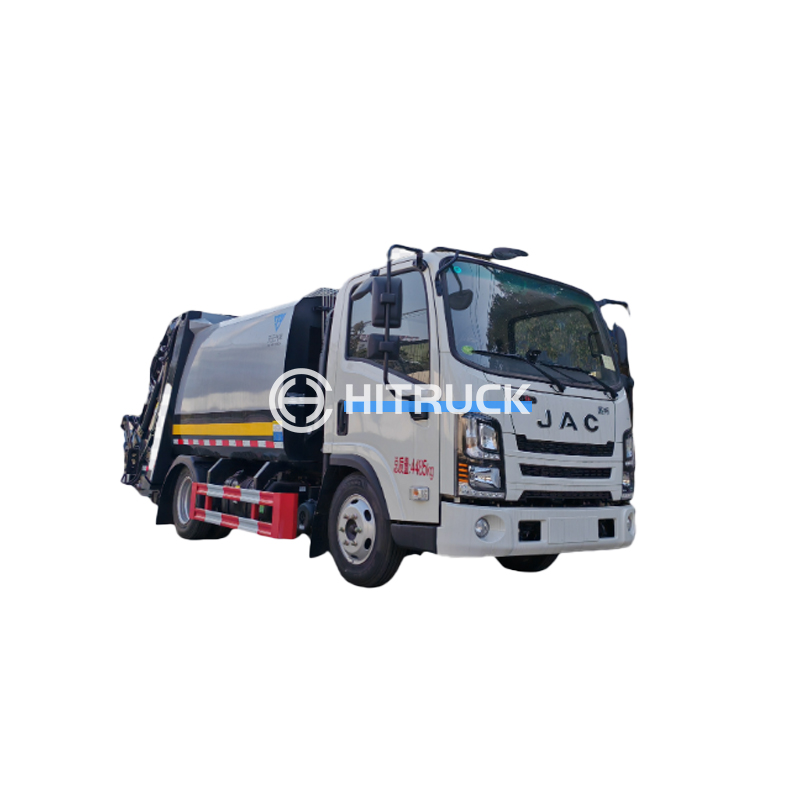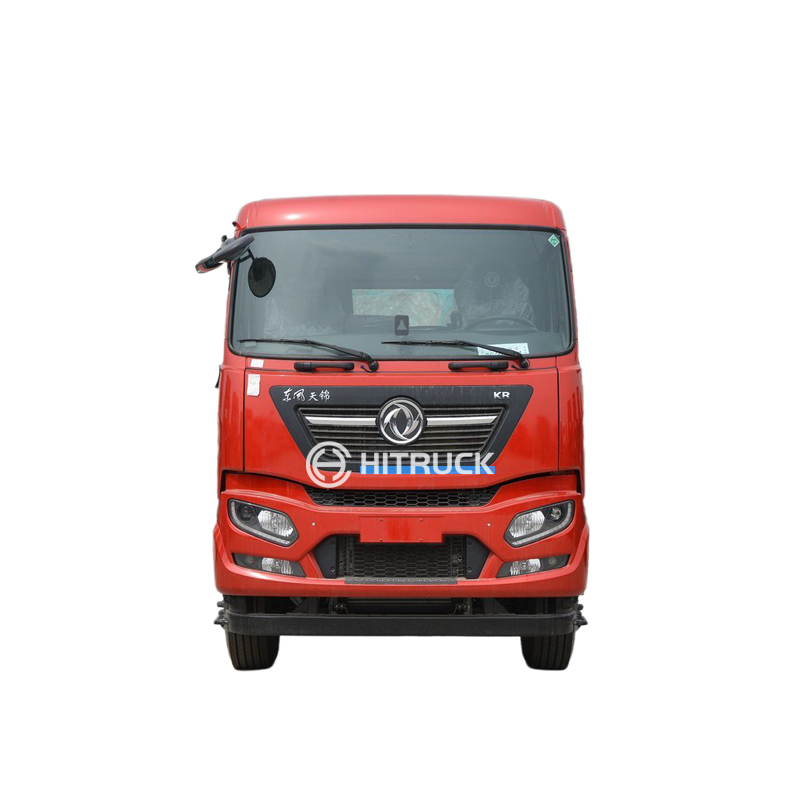This guide provides a comprehensive overview of tower crane cost factors, helping you understand the various expenses involved in acquiring and utilizing these essential construction equipment. We'll explore different crane types, rental versus purchase considerations, and the hidden costs often overlooked.
The initial tower crane cost varies dramatically depending on several key factors: crane capacity (measured in tonnes), height, jib length, and brand reputation. Larger, more advanced cranes with greater reach and lifting capacity will naturally command higher prices. Reputable manufacturers like Liebherr, Potain, and Wolffkran often have higher initial tower crane costs but may offer superior reliability and longevity. You can find a wide range of new and used cranes on specialized equipment marketplaces, offering a spectrum of pricing options. Before making a decision, it’s crucial to carefully consider the specific requirements of your project to avoid unnecessary expenses. Purchasing a crane that is too large or too small can lead to significant inefficiencies or safety concerns.
Renting a tower crane is a viable alternative to purchasing, especially for short-term projects. Rental rates depend on the crane's specifications, rental duration, and location. Factors such as transportation, setup, and dismantling are often included in the rental agreement. Many reputable equipment rental companies offer various tower crane rental options. It's important to compare quotes from multiple companies to secure the most competitive rate. Remember to factor in any potential additional charges, such as fuel surcharges or insurance premiums.
Transporting and erecting a tower crane involves specialized equipment and expertise. This adds significantly to the overall tower crane cost. Costs vary depending on the crane's size, distance to the construction site, and the complexity of the erection process. Proper planning and coordination are essential to minimize delays and unexpected expenses. It's vital to obtain detailed quotes from experienced crane erection companies to accurately budget for this phase.
Regular maintenance is critical for ensuring the safe and efficient operation of a tower crane. Preventive maintenance schedules significantly reduce the risk of costly repairs and downtime. Costs vary depending on the crane's age, usage intensity, and maintenance contracts. Consider budgeting for both routine inspections and potential repairs. Investing in regular maintenance can ultimately reduce the overall lifecycle tower crane cost.
Insurance coverage is essential to protect against potential financial losses due to accidents or damage. The tower crane cost will also include obtaining necessary permits and licenses, which vary by location and regulatory requirements. It’s crucial to research and comply with all applicable regulations to avoid potential fines and legal issues. Obtaining quotes from multiple insurance providers is advisable to secure competitive rates.
The decision to purchase or rent a tower crane depends on the project's duration, budget, and long-term needs. Short-term projects often benefit from renting to avoid the high upfront investment and ongoing maintenance costs associated with ownership. Conversely, long-term projects or those with consistent tower crane requirements may find purchasing more cost-effective in the long run.
| Factor | Purchase | Rental |
|---|---|---|
| Initial Cost | High | Low |
| Long-Term Costs | Moderate to High (Maintenance, Repairs) | Low (Included in rental fee often) |
| Flexibility | Low | High |
Remember to always consult with professionals for accurate cost estimates and to ensure compliance with safety regulations. For more information on heavy equipment, visit Suizhou Haicang Automobile sales Co., LTD.












